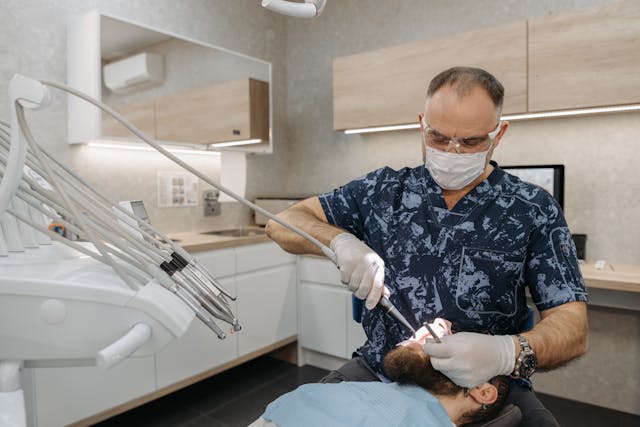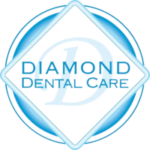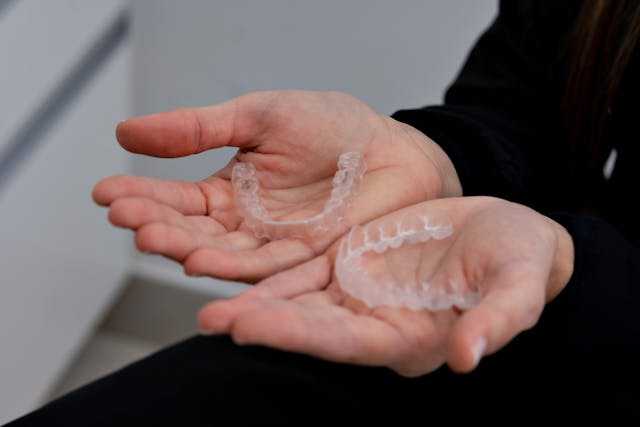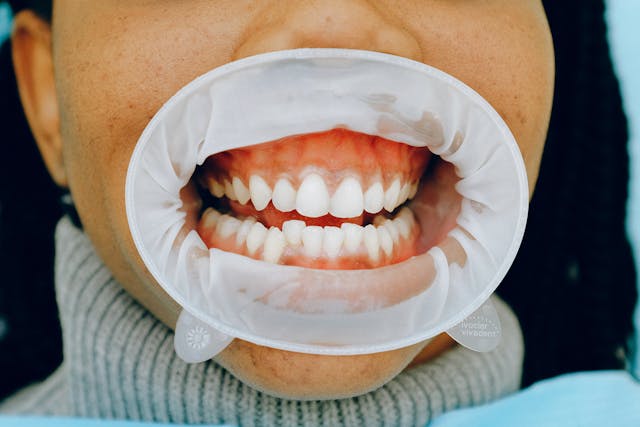Introduction: What is Scaling And Root Planing?
Scaling and root planing is often called a “deep cleaning” procedure, but it goes far beyond your standard dental cleaning. It’s a two-step process where your dentist first removes plaque and tartar from above and below the gum line (scaling) and then smooths the tooth roots (root planing) to help gums heal and reattach. This treatment is the gold standard for stopping gum disease in its tracks.
Call us at (909) 860-7579 to book your visit. You can also connect with us on Facebook or leave a review on Yelp. We look forward to seeing you!
Why Healthy Gums Matter
When most people think about dental care, they picture shiny white teeth. But here’s the truth: your gums are just as important as your teeth. Without strong, healthy gums, your smile doesn’t have a solid foundation. Gum disease can sneak up on you, causing bleeding, swelling, bad breath, and even tooth loss if untreated. That’s where Scaling & Root Planing (SRP) comes in—a proven, non-surgical way to save gums and restore oral health.
The Importance of Gum Health in Overall Wellness
Did you know gum disease isn’t just about your mouth? Research shows it’s linked to heart disease, diabetes, and even pregnancy complications. When harmful bacteria live in your gums, they can enter your bloodstream and impact your overall health. Taking care of your gums with scaling and root planing protects not just your smile, but also your body.
Signs You Might Need Scaling & Root Planing
Bleeding Gums
If your gums bleed every time you brush or floss, that’s not normal—it’s an early sign of gum disease.
Bad Breath
Chronic bad breath that doesn’t go away with brushing could be due to bacteria hiding under the gums.
Gum Recession
When gums start pulling away from teeth, creating pockets, bacteria settle in and worsen the problem. Scaling and root planing helps close those gaps.

How Scaling Works: Step-by-Step
Scaling is the first stage of SRP. Your dentist or hygienist uses special instruments to carefully remove hardened plaque and tartar. Unlike regular cleaning, scaling goes below the gum line, where harmful bacteria thrive. This helps eliminate infection-causing buildup you can’t reach with a toothbrush.
What is Root Planing and Why It’s Essential
Root planing smooths the roots of your teeth after scaling. Why? Because rough root surfaces trap bacteria. By smoothing them out, your gums can heal and reattach firmly to your teeth, reducing pockets where bacteria can hide. This step is crucial for long-term gum stability.
Scaling vs. Regular Dental Cleaning: Key Differences
Think of it like this: a regular cleaning is a surface wash for your teeth, while scaling and root planing is a deep carpet cleaning for your gums. Regular cleaning handles mild buildup, but if you have gum disease, SRP is the treatment that actually reverses it.
The Science Behind Gum Disease
Plaque and Tartar Buildup
Plaque is soft and sticky, but when left too long, it hardens into tartar that brushing alone can’t remove.
Bacteria and Inflammation
Bacteria in tartar release toxins, which irritate gums, causing redness, swelling, and infection—classic signs of gum disease.
Stages of Gum Disease That Require Treatment
Gingivitis
This is the earliest stage, marked by red, swollen gums that bleed easily. Luckily, it’s reversible with SRP.
Periodontitis
At this stage, gums pull away from teeth, forming pockets. Without scaling and root planing, tooth loss becomes a real risk.
Does Scaling And Root Planing Hurt? What to Expect During Treatment
Most patients are surprised by how comfortable the procedure is. Local anesthesia keeps you pain-free, and modern tools make it gentle. You might feel some soreness afterward, but it’s minor compared to the benefits of saving your gums and teeth.
Healing After Treatment: Recovery & Care Tips
- Rinse with warm salt water to soothe gums.
- Stick to soft foods for a day or two.
- Brush and floss gently but consistently.
- Attend follow-up visits at Diamond Dental Care to track healing.
Benefits of Scaling And Root Planing for Long-Term Oral Health
- Stops gum disease progression
- Freshens breath
- Strengthens gum-to-tooth attachment
- Prevents tooth loss
- Improves overall health
This isn’t just a short-term fix—it’s a long-term investment in your smile.
Common Myths About Gum Treatment
- “It’s painful.” With anesthesia, it’s more comfortable than you think.
- “It’s only for older people.” Gum disease affects adults of all ages.
- “Brushing harder will fix it.” Actually, brushing harder can worsen gum recession.

How Diamond Dental Care in Diamond Bar Helps Patients
At Diamond Dental Care, patients receive top-quality gum care with advanced technology and a gentle approach. From digital imaging to comfortable deep cleaning tools, the team makes sure every step of the process is stress-free. Their goal is not just to treat gum disease but to prevent it from coming back.
Preventing Gum Disease After Treatment
- Brush twice daily with a soft-bristle brush.
- Floss every day to remove food particles between teeth.
- Use an antibacterial mouthwash.
- Schedule regular dental cleanings every 6 months.
These small steps keep your gums healthy long after treatment.
Why Choose Diamond Dental Care in Diamond Bar
When it comes to saving gums and smiles, Diamond Dental Care is the trusted name in the community. Conveniently located at:
📍 303 South Diamond Bar Blvd, Ste 2C, Diamond Bar, CA 91765
📞 (909) 860-7579
Here, patients experience compassionate care, expert treatment, and a supportive team dedicated to oral health.
Conclusion: Protect Your Smile, Protect Your Health
Scaling and root planing isn’t just about cleaning teeth—it’s about protecting your gums, preserving your smile, and even improving your overall health. At Diamond Dental Care in Diamond Bar, patients receive the expert attention they deserve to stop gum disease before it takes away their smile. Don’t wait for gum problems to get worse—take action today for a healthier tomorrow.
Call us at (909) 860-7579 to book your visit. You can also connect with us on Facebook or leave a review on Yelp. We look forward to seeing you!
FAQs
1. How often do I need scaling and root planing?
It depends on your gum health, but many patients need it only once, followed by maintenance cleanings.
2. Can scaling and root planing cure gum disease completely?
It can stop the progression of gum disease and allow gums to heal, but consistent care is needed to prevent relapse.
3. Is deep cleaning safe for sensitive teeth?
Yes. Dentists use anesthesia and gentle techniques to make it safe even for sensitive teeth.
4. How long does the procedure take?
Typically, 1–2 hours depending on the severity of gum disease and number of teeth involved.
5. Will my insurance cover scaling and root planing?
Most dental insurance plans do cover SRP as it’s considered a necessary treatment, not cosmetic.



